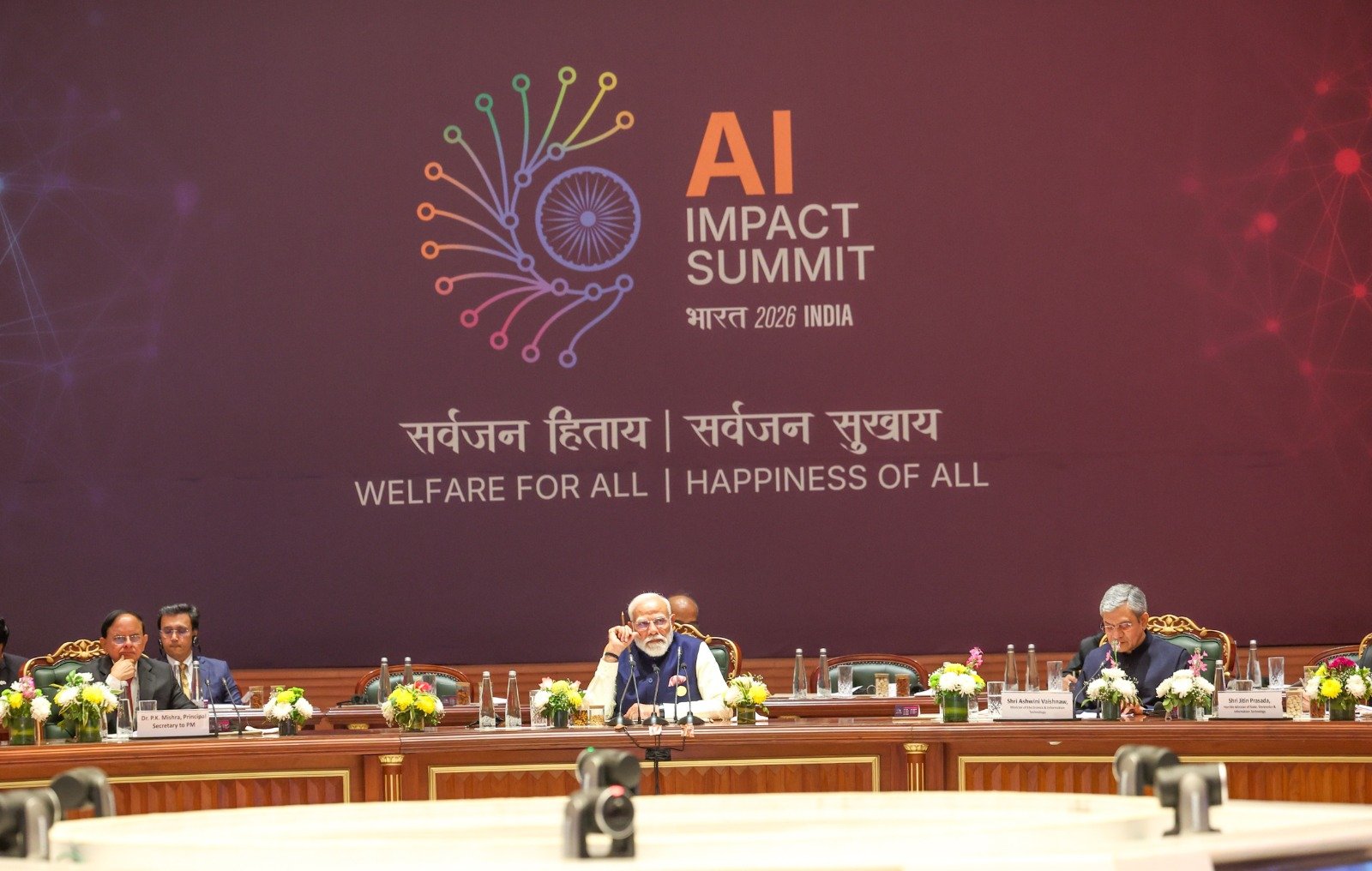
New Delhi [India], November 4 (ANI): The European Union and India are strengthening their cooperation in clean energy, climate action, and industrial decarbonization through initiatives like the Industrial Transition Accelerator (ITA). The program, launched in India ahead of COP30, aims to help industries adopt green technologies and reduce emissions, Bartosz Przywara, Counsellor for Energy, Climate Action, and Environment at the EU Delegation to India, told ANI on Monday.
“We have very strong cooperation in the area of clean energy and climate transition,” Przywara said in an exclusive interview on the sidelines of the ITA event in New Delhi. The event marked the opening of the project’s new implementation phase in India.
“It’s basically a project that facilitates Indian industries, especially those in hard-to-abate sectors, to adopt new technology, secure financing, and move toward decarbonization. And we, as the European Union, are supporting this path,” Przywara explained.
He said the EU’s support aligns with India’s broader sustainability agenda. “We are doing something quite similar here in India, having a lot of projects and activities together with the Indian government and business associations, which aim at the same purpose,” he said, describing the collaboration as “very successful.”
A key focus of the EU-India partnership, Przywara noted, is demonstrating that economic growth and emissions reduction can go hand in hand. “There is a clear decoupling — it is possible technologically and economically to grow while cutting emissions,” he said. Citing the EU’s record, he added, “In the European Union, we have grown by 68 percent between 1990 and 2023, while managing to cut our emissions by 38 percent. India can do it as well.”
Przywara highlighted the EU-India Clean Energy and Climate Partnership, active since 2016. “It has existed for the last nine years. We have held hundreds of events and activities, engaging with the Indian government, exchanging best practices, and helping to establish legislation in the area of green transition,” he said.
He also referred to the EU-India Climate Dialogue, where both sides discuss decarbonization pathways and carbon market development. “The European Union has the oldest and largest carbon market in the world — we have 20 years of experience running it, and we are happy to share those experiences with India,” Przywara said.
On industrial decarbonization, he mentioned EU support for the Leadership Group for Industry Transition (LID-IT), co-founded by India and Sweden. “It already involves 18 different countries and multiple industrial entities worldwide,” he said, calling it a major multilateral effort to reduce industrial emissions.
Przywara added that both sides are expected to strengthen ties following recent high-level meetings. “Earlier this year, the College of Commissioners visited India and held very positive discussions with the Indian government. Recently, the European Commission and the High Representative for Foreign Policy issued a joint communication about the new EU-India agenda for the future,” he said.
He expressed optimism about a potential summit to “confirm and elevate” cooperation. “We really have a lot to do together in the areas of clean energy, climate, decarbonization, and green transition,” Przywara added.
During the same event, Sumit Gupta, Managing Director and Senior Partner at Boston Consulting Group (BCG), told ANI that India is well-positioned to lead the global green transition due to its low cost of renewable energy, strong industrial base, and growing innovation ecosystem.
“We’ve outlined the key challenges these projects face and what needs to come together to make the transition happen — whether it’s innovative financing, access to capital, technology aligned with market needs, or effective project execution,” Gupta said. “The question is how to get the right ecosystem of partners to execute these projects from paper to plant.”
He emphasized that India’s low cost of renewable energy provides a major advantage. “We have one of the lowest costs of energy in the world, which is a key enabler of the green transition,” he noted. (ANI)







